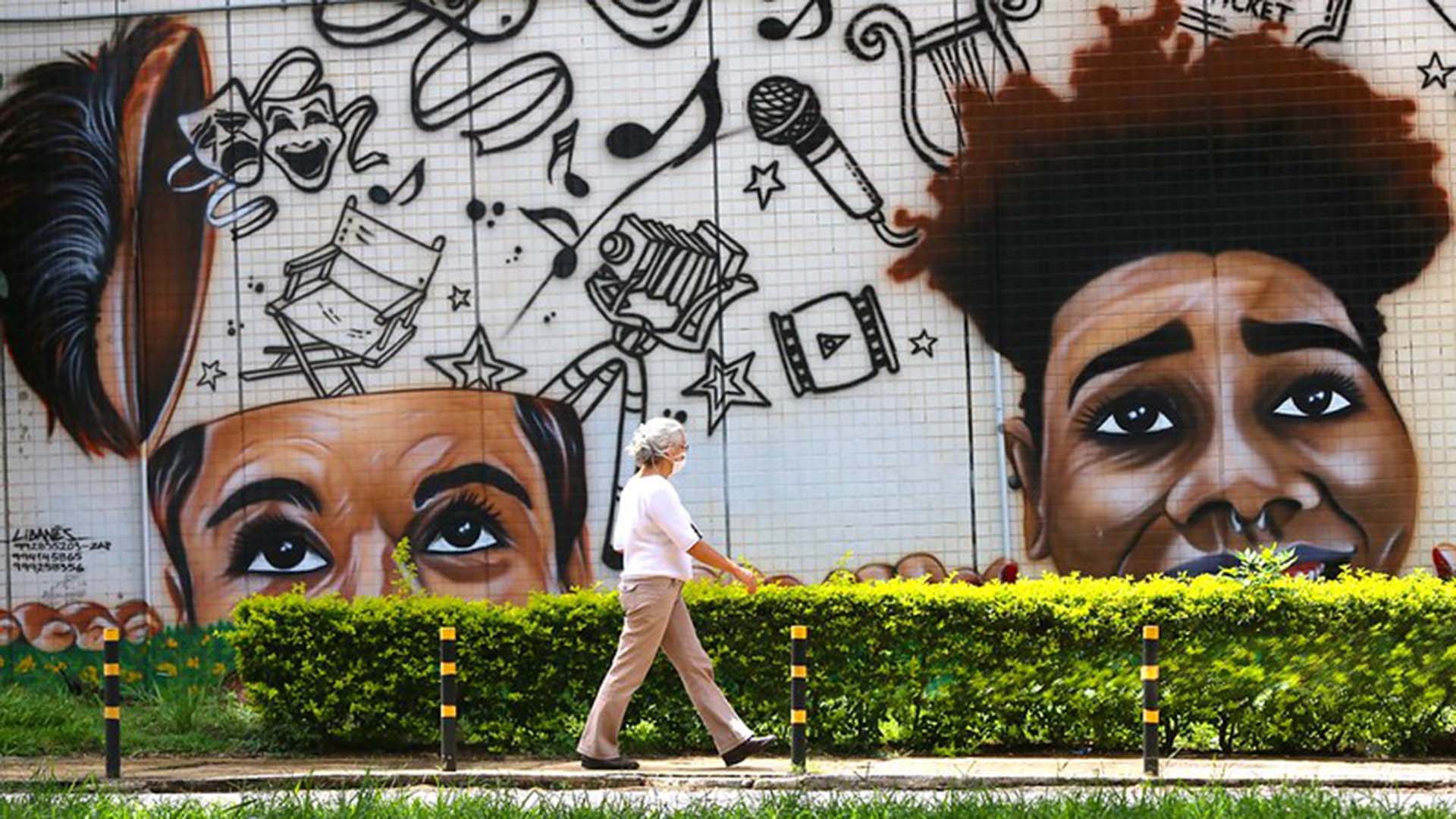
The celebrations for the 74th anniversary of the Universal Declaration of Human Rights (UDHR), proclaimed by the United Nations General Assembly (UN) on December 10th, 1948, in Paris, also mark the conclusion of the "21 Days of Activism for the End of Violence against Women" campaign, headed by the National Council of Justice (CNJ) in Brazil.
With more than seven decades and versions in more than 500 languages and dialects - it is the most translated document in the world - the declaration is a source of inspiration for the constitutional charters of many democratic nations, and serves as a stimulus for the consolidation of rights and equality among people.
Brazil is included in the list of countries that took the Declaration as a basis for the elaboration of their Constitution. Article 1 states that "All human beings are free and equal in dignity and rights". It is the basis of the title that deals with fundamental rights and guarantees. The 1988 Charter also emphasizes, in Article 5, that "all are equal before the law, without distinction of any kind, guaranteeing Brazilians and foreigners residing in the country the inviolability of the right to life, liberty, equality, security, and property" to then state that "men and women are equal in rights and obligations.
When evaluating the current panorama of Human Rights, the president of the National Council of Justice (CNJ) and the Federal Supreme Court (STF), minister Rosa Weber, highlighted, during the 361st Ordinary Session of the CNJ, held on Tuesday (December 6th), a speech by the philosopher and historian of political thought Norberto Bobbio: "we have already passed the stage of affirming rights. We have to act towards their effectuation, their concretization". According to her, "we can walk and strive to make human rights effective".
In the same session, in reference to the celebration of the International Human Rights Day, Weber also reminded Nelson Mandela: "To be free is not only to break one's own shackles, but to live in a way that respects and enhances the freedom of others," so that "we need to constantly remind ourselves that the freedoms that democracies bear are not empty shells if not accompanied by real and tangible improvements to the material lives of ordinary citizens."
Fighting violence against women
The guarantee and consolidation of human rights are also the basis of the "21 Days of Activism for the End of Violence against Women" campaign, held by the CNJ since November 21st, engaging several sectors and institutions and alerting about the importance of the cause. Inherent to all human beings, these rights must reach everyone, without discrimination or distinction of gender, race, nationality, ethnicity, language or religion.
When evaluating the campaign, Amini Haddad, auxiliary Judge of the Presidency of CNJ, who works in the execution of the monitoring and enforcement policy of gender violence in the institution, highlights that, along with the mobilizations that reached several institutions, the campaign marked a period that stimulated fundamental reflections on the various types of violence that affect girls and women.




